7 Artificial Intelligence Tools To Look Out For In 2023
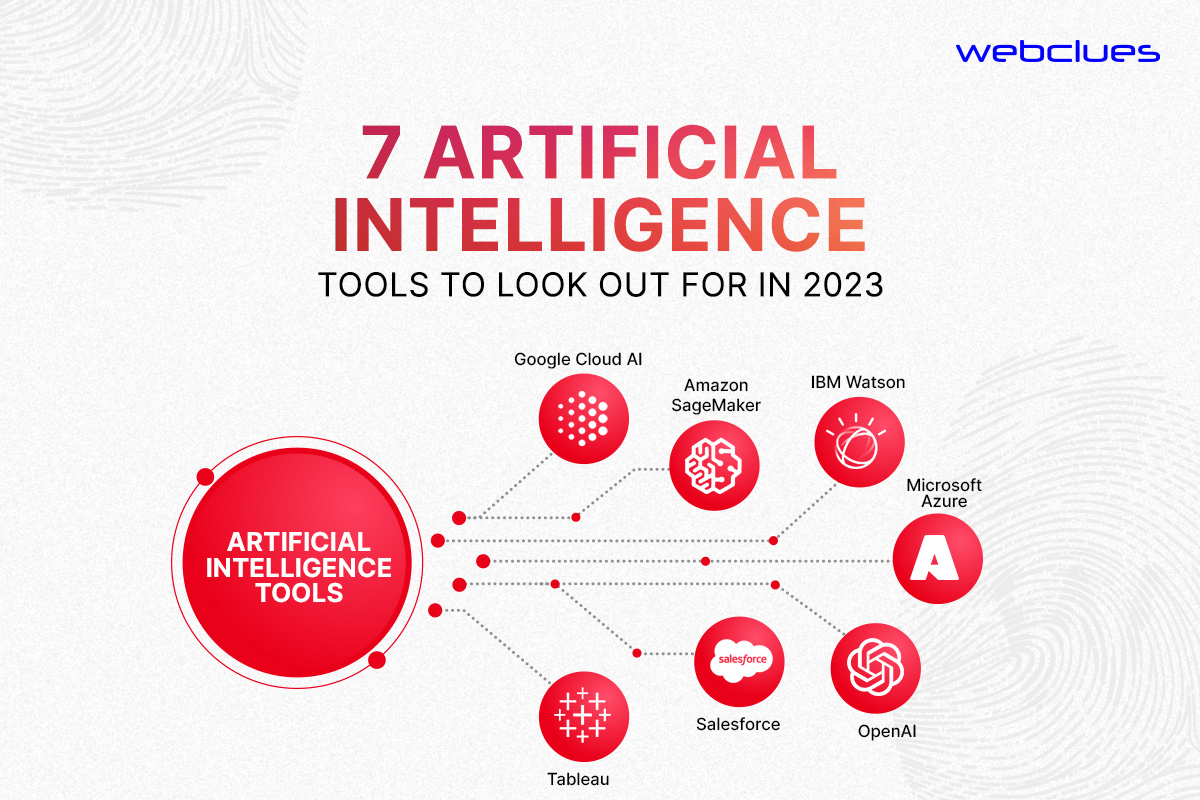
Artificial intelligence (AI) is one of the most exciting of new technologies, and there are a number of different AI tools that are set to revolutionize the way we do business in the years ahead. With the right tools, you can take your business to the next level, streamline processes, and improve customer experiences.
What is Artificial Intelligence?
Artificial Intelligence (AI) is a field of computer science that focuses on creating computer systems that can think and act like humans. AI systems are able to analyze data, recognize patterns, and make decisions based on these inputs. AI systems are used in a variety of fields, from healthcare to autonomous vehicles, to provide an intelligent solution to a problem. AI is used to automate processes, to improve customer service, and to reduce human effort. AI is an ever-evolving field and continues to provide advancements in technology.
Top Artificial Intelligence Tools To Consider
The Future of AI is closer than you think! Here are 7 Artificial Intelligence tools you should keep your eye out for in 2023:
Google Cloud AI
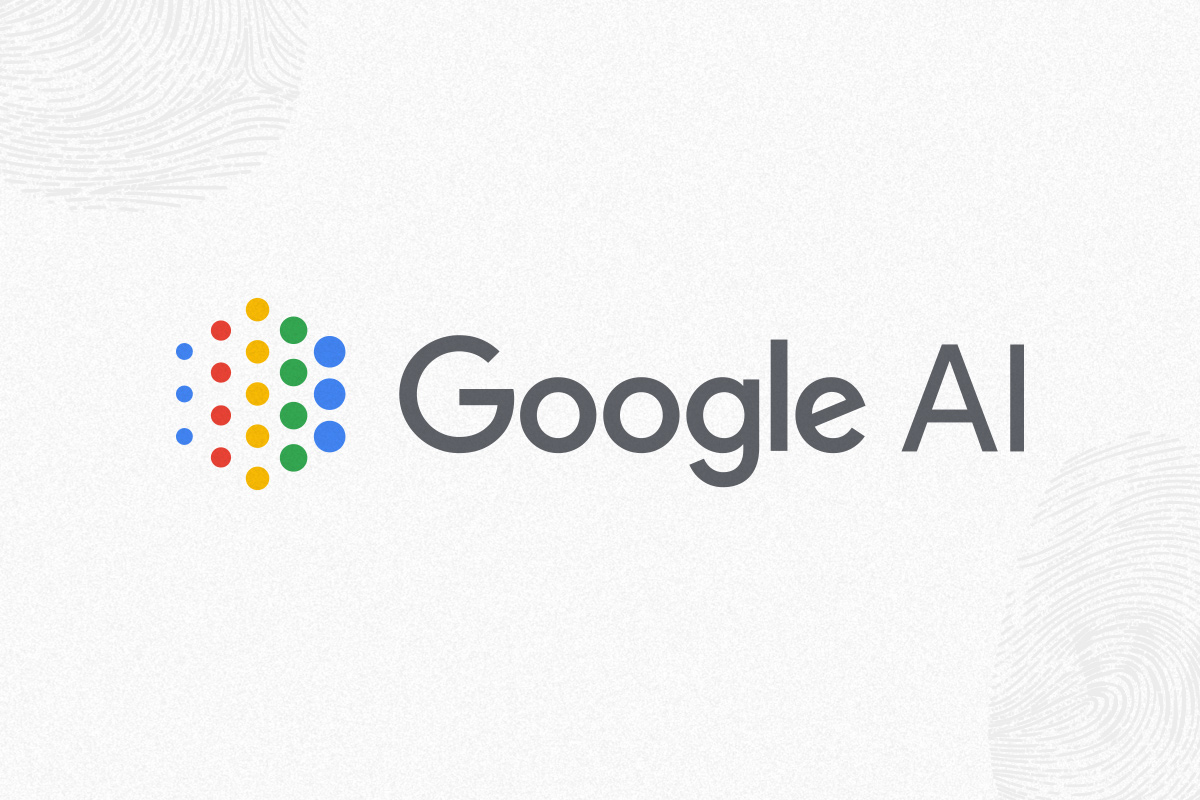
Google Cloud AI is a suite of cloud-based artificial intelligence (AI) services enabling businesses to build and deploy machine learning (ML) models, natural language processing (NLP) systems, and computer vision applications. The services are designed to make it easy for developers to integrate AI into their applications, regardless of their level of expertise in the field.
- Google Cloud TensorFlow: This is an open-source ML platform helping to build and train ML models using a variety of algorithms and tools.
- Google Cloud AutoML: This service allows developers to build custom ML models using pre-trained machine learning algorithms.
- Google Cloud Natural Language: This is an NLP service to extract insights from unstructured text data and understand the sentiment and meaning of the text.
- Google Cloud Vision: This is a computer vision service to extract information from images and videos using algorithms.
Amazon SageMaker
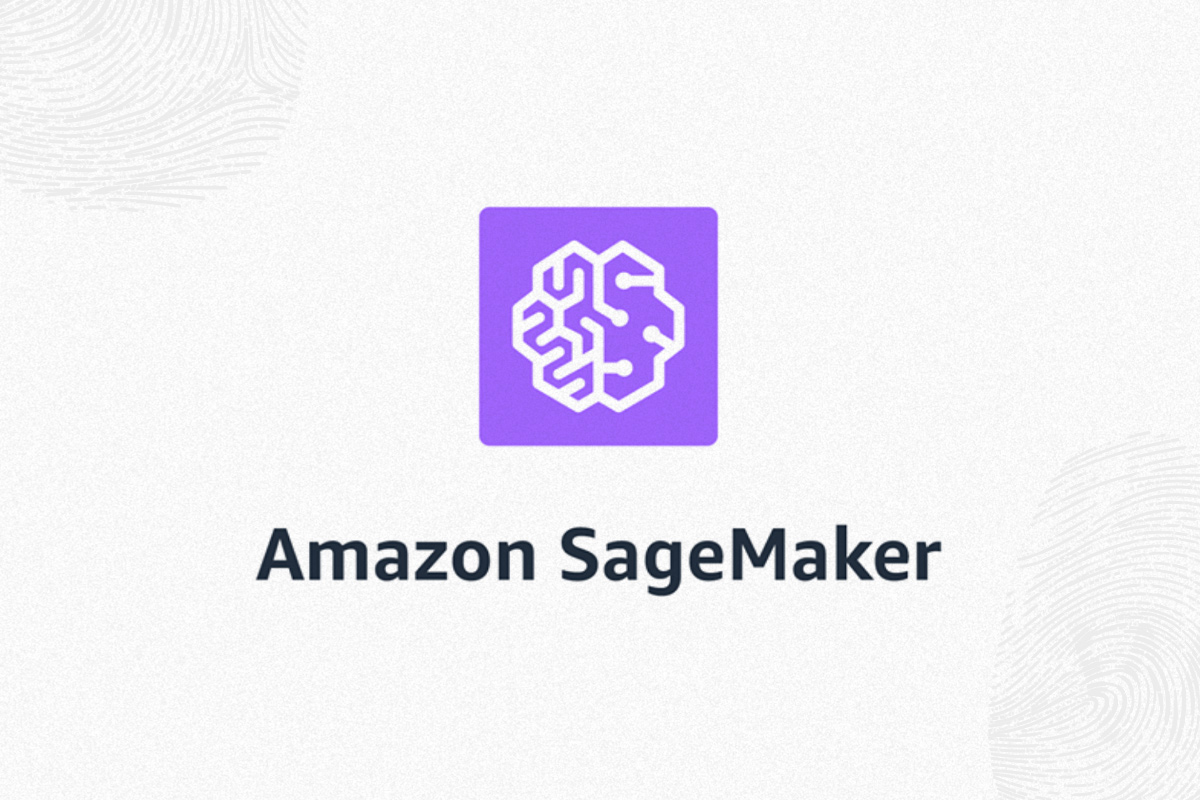
Amazon SageMaker is a fully-managed service for data scientists to build, train, and deploy machine learning (ML) models at scale, quickly and easily, regardless of the level of expertise.
- Model training: Amazon SageMaker provides a range of algorithms and tools to build and train ML models using a variety of data sources.
- Model hosting: Once a model has been trained, Amazon SageMaker allows it to host in the cloud, making it easy to deploy and scale as needed.
- AutoML: Amazon SageMaker provides AutoML features to build custom ML models using pre-trained machine-learning algorithms.
- Notebook instances: Amazon SageMaker includes a Jupyter-style notebook service to write and execute code, visualize data, and collaborate with other team members.
- Workflows: Amazon SageMaker automates and manages the process of building, training, and deploying tools for managing data pipelines and workflows.
IBM Watson
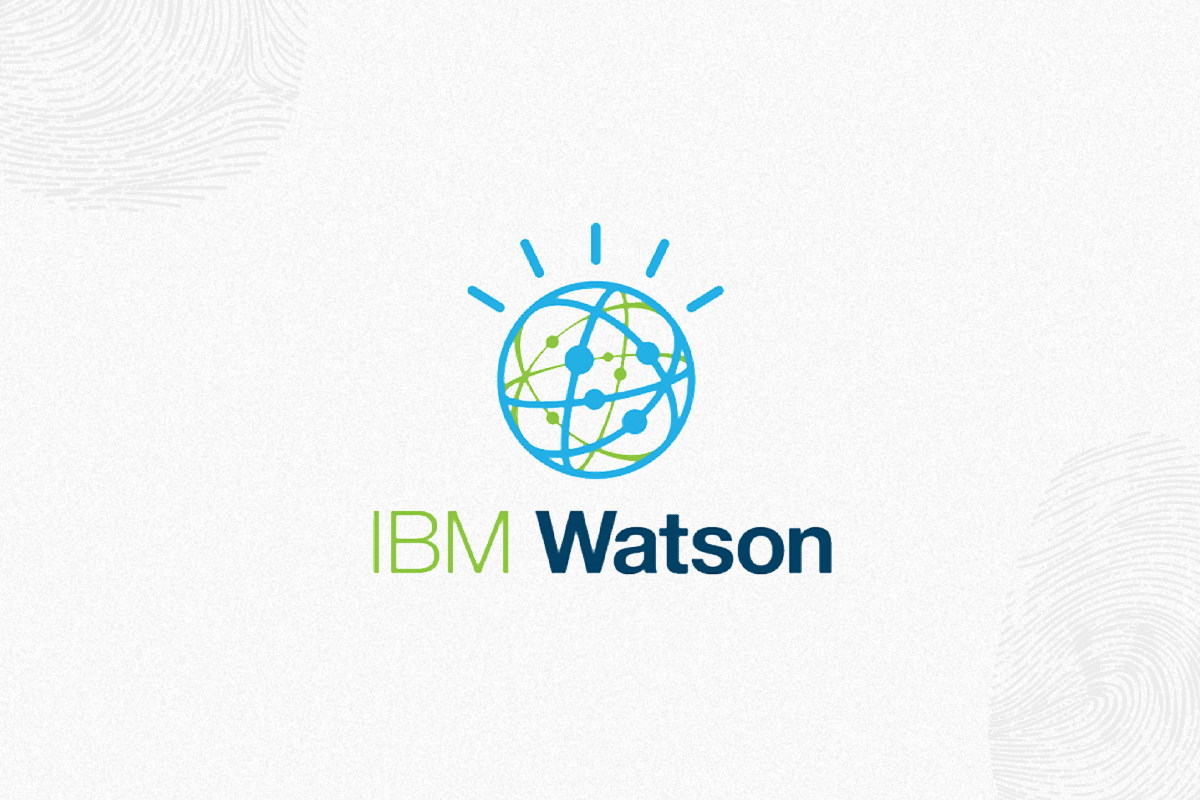
IBM Watson is a suite of artificial intelligence (AI) and machine learning (ML) services including chatbots, natural language processing (NLP) systems, and predictive analytics tools. IBM Watson is designed to be highly flexible and customizable, allowing businesses to tailor it to their specific needs and use cases.
- Watson Assistant: This is an AI chatbot service to build and deploy chatbots to interact with customers and employees naturally and conversationally.
- Watson Discovery: This is an NLP service to extract insights and knowledge from large volumes of structured and unstructured data.
- Watson Studio: This is an integrated development environment (IDE) to build and deploy machine learning models using tools and frameworks.
- Watson Natural Language Understanding: This is an NLP service to extract insights from text data, including entity recognition, sentiment analysis, and emotion detection.
Microsoft Azure
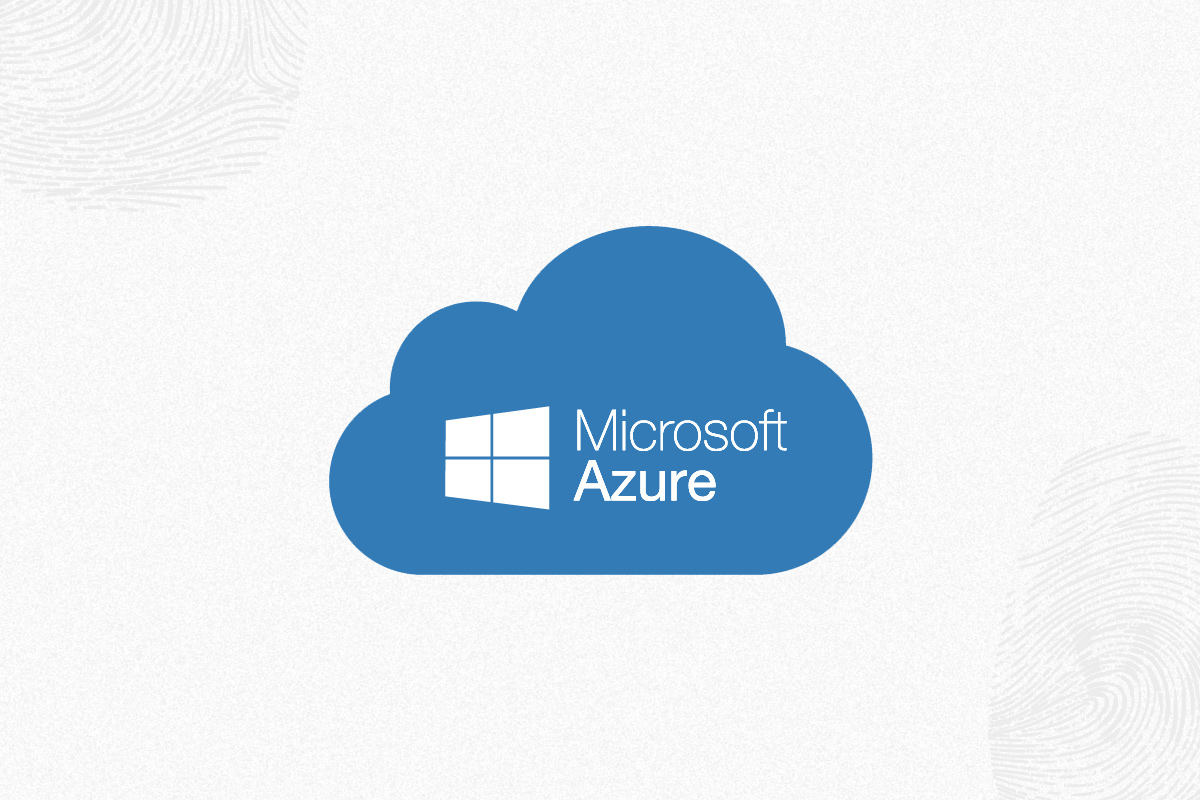
Microsoft Azure is a cloud-based platform providing a range of artificial intelligence (AI) and machine learning (ML) services for businesses to build and deploy intelligent applications. Microsoft Azure is designed to be highly flexible and customizable, allowing businesses to tailor to specific needs and use cases.
- Azure Machine Learning: This is a fully-managed ML platform to build, train, and deploy ML models using frameworks.
- Azure Cognitive Services: This is a collection of APIs to understand, interpret, and analyze human language and behavior.
- Azure Bot Service: This is a service to interact with customers and employees naturally and conversationally.
- Azure Computer Vision: This is to extract insights from images and videos using machine learning algorithms.
Tableau
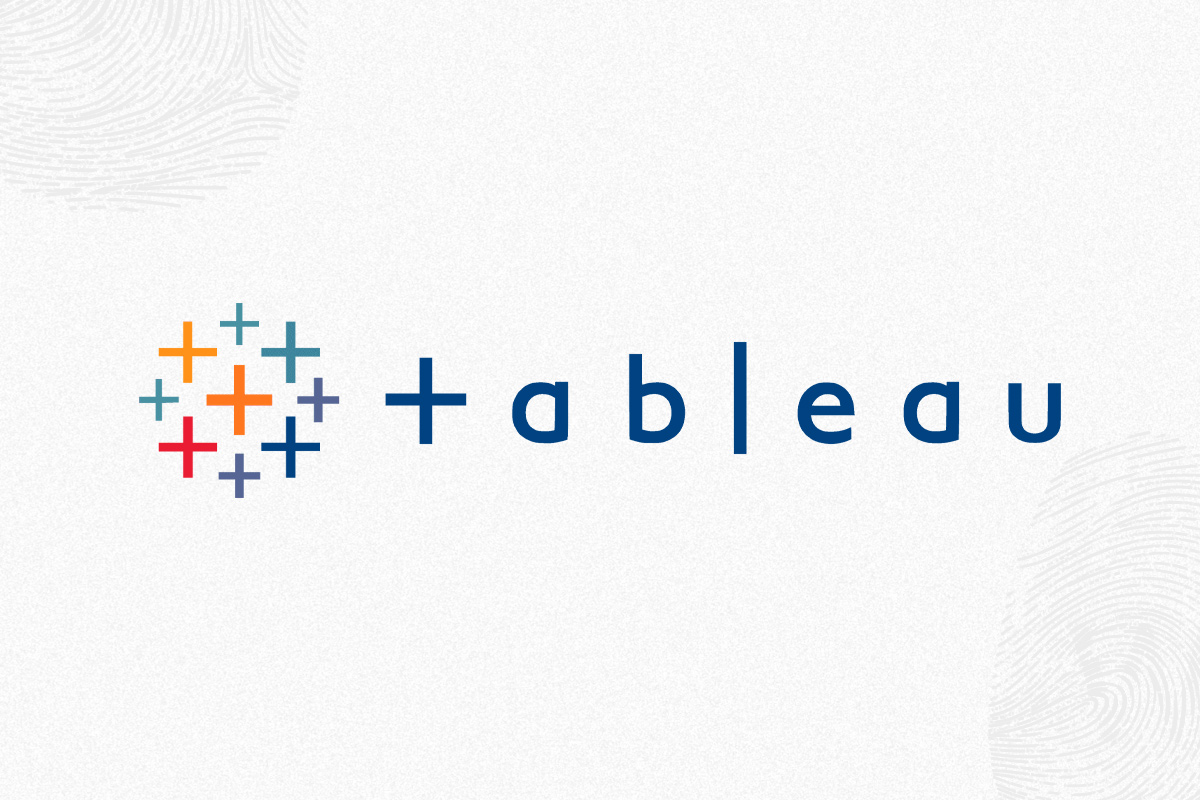
Tableau is a data visualization and business intelligence tool to create and publish interactive dashboards and charts. It has features to perform data analysis and gain insights into the data.
One of the key features of Tableau is its ability to integrate with artificial intelligence (AI) and machine learning (ML) technologies, to enhance the capabilities of the tool and provide users with more advanced data analysis and visualization options.
- Data preparation: Tableau helps users clean and prepare data for analysis. This includes tasks like identifying missing or incorrect data and identifying patterns or relationships within the data.
- Data visualization: Tableau uses AI to generate recommendations for the best types of charts and visualizations to use for a given set of data, based on patterns and relationships within data.
- Natural language processing: Tableau helps to understand and respond to queries and requests made in natural language, allowing users to interact with the tool using more of a conversational language.
Salesforce
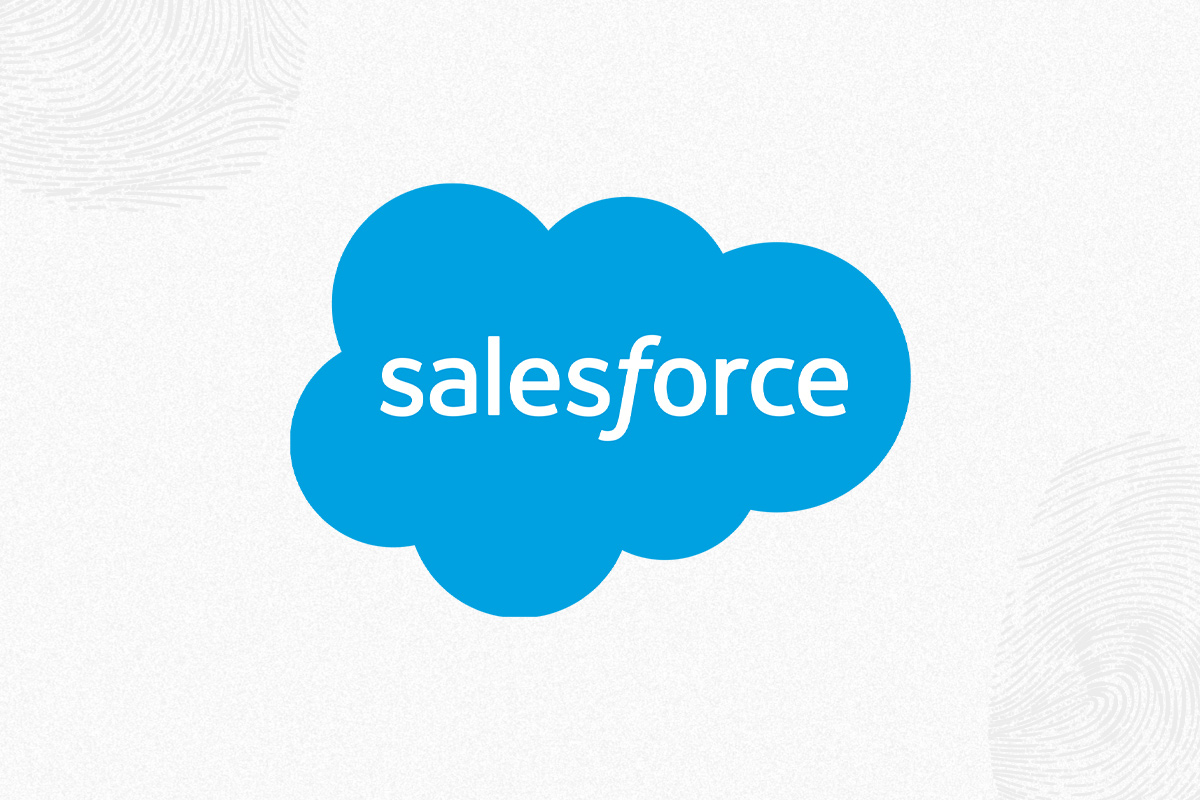
Salesforce is a customer relationship management (CRM) platform for businesses to manage and analyze customer interactions and data throughout the customer lifecycle. Salesforce enables users to integrate artificial intelligence (AI) and machine learning (ML) technologies into CRM processes, to gain advanced insights and automate tasks.
- Customer service: Salesforce AI automates certain tasks related to customer service, such as responding to customer inquiries or routing customer requests to appropriate people.
- Personalization: Salesforce AI helps to personalize the customer experience, by analyzing customer data and making recommendations about the best products or services to offer to each customer.
- Lead scoring: Salesforce AI analyses data about potential customers (leads) and assigns a score to each lead based on the likelihood that they will become customers. This helps sales teams prioritize their efforts and focus on the most promising leads.
OpenAI
OpenAI, a subsidiary of nonprofit parent company OpenAI LP, was privately set up as an artificial intelligence research laboratory, back in 2015. It developed and launched ChatGPT in 2019, a large language generation model that uses deep learning techniques to generate human-like text, and can be fine-tuned for a wide range of natural languages processing tasks such as language translation, summarization, and question answering. The model is trained on a massive amount of data, giving it the ability to generate text that is often indistinguishable from text written by a human. ChatGPT has been used in various applications such as chatbots, automated writing and content creation, and language translation.
OpenAI offers a variety of AI tools within its umbrella for natural language processing (NLP) and machine learning (ML) tasks. Some examples include:
- GPT-3: a state-of-the-art language generation model that can be fine-tuned for a variety of NLP tasks such as language translation, summarization, and question answering.
- DALL-E: a model that can generate images from natural language text descriptions
- OpenAI Gym: reinforcement learning (RL) algorithms could be compared after development using this toolkit
- Roboschool: a software for simulating robots and developing and comparing RL algorithms for them
- JAX: a numerical computation library that makes it easy to train and run neural networks with GPUs and TPUs.
- Microtasks: A platform that allows users to create and share simple AI tasks, and AI models that can complete those tasks.
- DALL-E 2: DALL-E 2 is a powerful image generation model that can create images from natural language descriptions.
- and lots more.
These are just a few examples of the tools that OpenAI offers. They have a wide range of tools for various applications.
Conclusion
In 2023, there will be an array of AI tools available to meet your business needs. These are just a few of the AI tools to look out for. As the technology continues to evolve, businesses will be able to use AI to automate more processes, improve customer service, and gain more insights from data. It’s an exciting time for AI, and the opportunities are endless.
Build Your Agile Team
Hire Skilled Developer From Us
undefined
undefined
undefinedOur Recent Blogs
Sharing knowledge helps us grow, stay motivated and stay on-track with frontier technological and design concepts. Developers and business innovators, customers and employees - our events are all about you.





